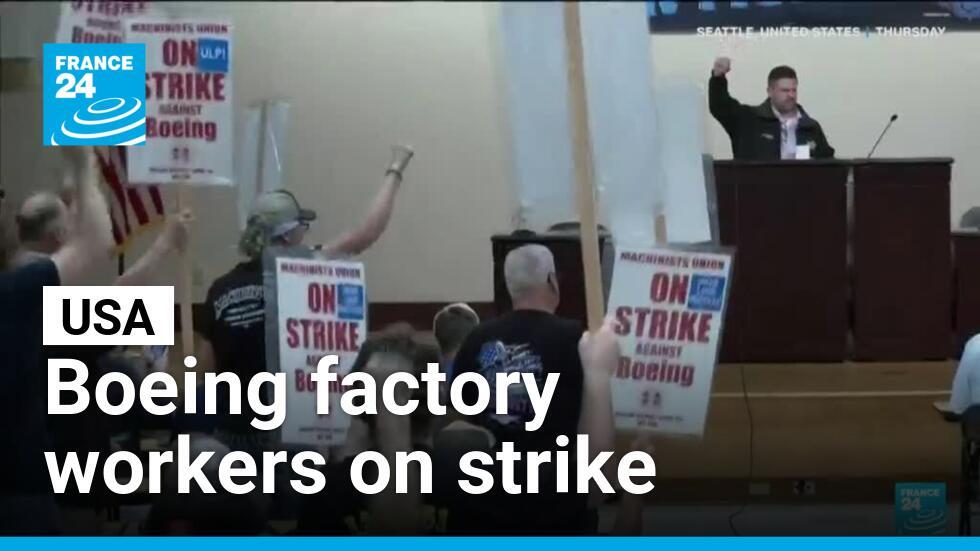ByDr. Tim Sandle
DIGITAL JOURNAL
October 22, 2024

A scientist harvests H7N9 virus growing in bird eggs. The Centers for Disease Control and Prevention received samples of the virus from China. — James Gathany/CDC/Douglas E. Jordan / (CC0 1.0)
The 2024 Annual Meeting of the American Society of Tropical Medicine and Hygiene is set to convene thousands of scientists and public health specialists in New Orleans to embrace global health.
Researchers and policy experts will meet against the backdrop of a world still facing regular waves of COVID-19 infections while dealing with a host of new challenges. This includes the declaration of mpox as a global health emergency.
The mpox symposium at the conference will focus on the fight against the recent surge of infections in sub-Saharan Africa and the emergence of an especially dangerous strain that prompted WHO to declare a public health emergency of international concern.
Related mpox presentations at TropMed include new research documenting potentially protective immune responses generated by both mpox and smallpox vaccinations — insights that could inform the development of new drugs, vaccines and diagnostics–and evidence that mpox infections may have been spreading in East Africa. This is the region where the disease was not known to be common, earlier than the 2024 outbreak.
Also under the spotlight is the U.S. threat from Chagas Disease. Experts in this neglected parasitic disease — primarily spread by insects known as kissing bugs — are set to explore the latest evidence for a potentially growing presence in the continental U.S, notably probing risks in California, South Carolina, Louisiana, Arizona and Texas.
As an example, researchers from Tulane are investigating whether the Chagas parasite is circulating among insects and rodents in rural and urban areas of New Orleans.
Further with the U.S., as global progress against leprosy is stagnating — and armadillos emerging as potential carriers in the U.S. — a symposium brings global and domestic experts together to reinvigorate the global fight against the ancient disfiguring bacterial infection also known as Hansen’s disease.
To add to these issues, there has been a surge of dengue outbreaks globally (and rising risks in the U.S.); the worrisome rise of highly pathogenic influenza (H5N1) infections in animal populations and humans with close contact (like U.S. dairy workers); Oropouche virus outbreaks, many of which are under the radar due to lack of approved diagnostic tests.
Furthermore, there have been cholera and diphtheria outbreaks amidst Haiti’s political crisis. There has been a resurgence of cholera in 2022, after two years of relatively low levels of infections, along with diphtheria outbreaks and a potential threat to HIV programs. In addition, a cholera symposium will present evidence from clinical trials testing new cholera vaccines as the world grapples with a vaccine shortage caused by a surge of outbreaks globally in 2021 and 2022.
There is some cause for optimism including the latest evidence from clinical trials of monoclonal antibodies that have shown early promise in providing strong protection against malaria; as well as the latest tools and strategies that could eliminate sleeping sickness.
Monique Wasunna, Africa ambassador for the Drugs for Neglected Diseases initiative (DNDi) and former chief research officer at the Kenya Medical Research Institute (KEMRI), will deliver the opening keynote at the conference.
Dr. Wasunna has served as a principal investigator for clinical trials focused on new treatments for visceral leishmaniasis, malaria and HIV.












 06:42
06:42 